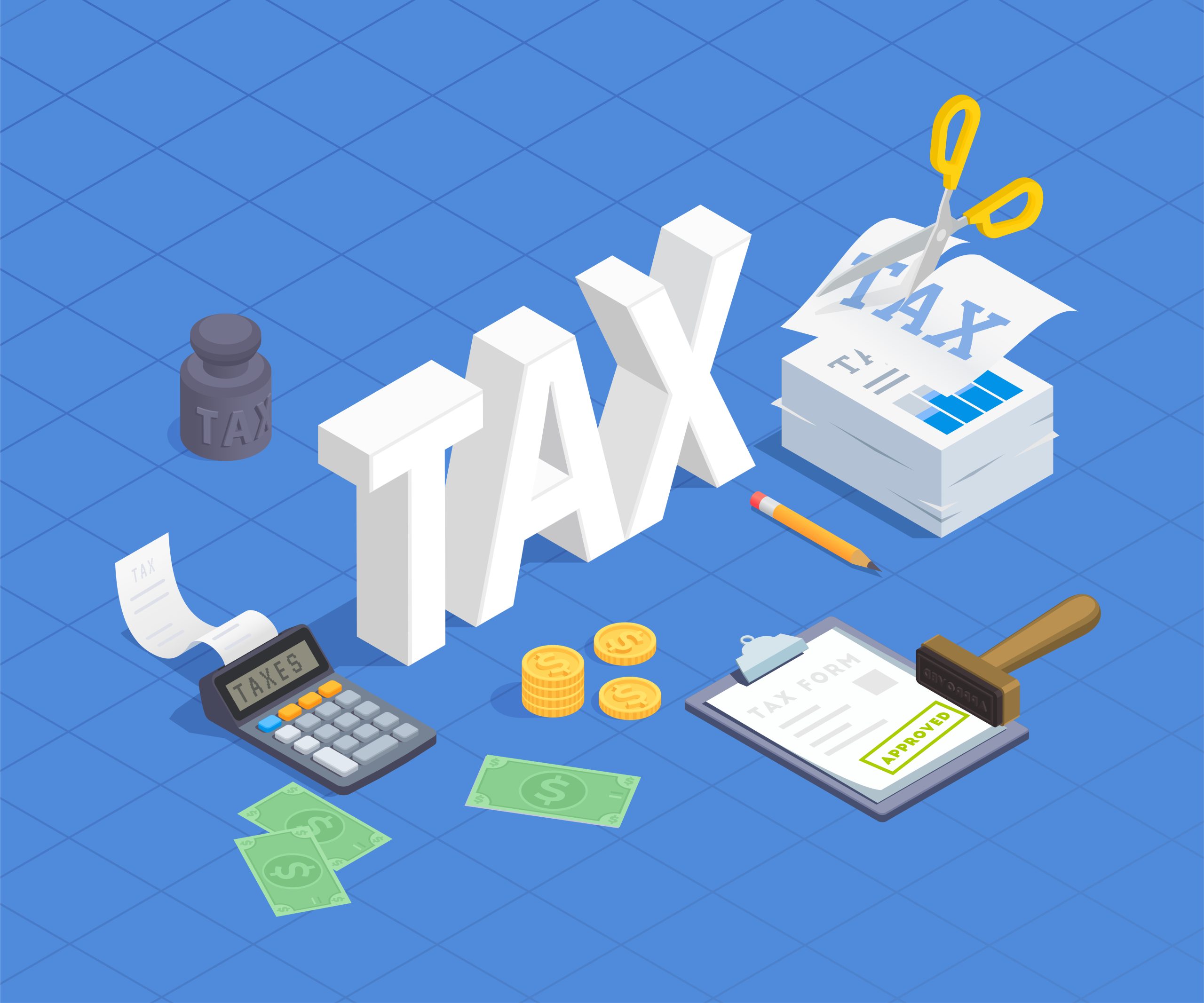Nowadays, the Vietnamese workforce has already qualified well for the job requirements of enterprises. However, with certain positions demanding experience and specialized knowledge, enterprises still have no choice but to use foreign employees as those of Vietnamese nationality cannot yet suffice in both quantity and quality. Specified hereunder are some notes for enterprises to take into consideration when recruiting foreign employees:
1. Determining recruiting positions
Employers have to determine which positions are open for recruiting and petition for the provincial Peoples’ Committee’s approval before recruitment. Specifically, this is the step where employers decide which position to recruit (experts, managing directors, managers, or technicians), and the number of employees for each position. The application for consent to use foreign employees shall be conducted at least 30 days in advance of the day expected to use such employees.
This step is particularly important because the approval of the provincial Peoples’ Committee will be the grounds for the issuance of work permits. In addition, the determination of recruiting positions will also affect the contents of files that employees need to provide when applying for work permits.
2. Determining the form in which the employees will work for the enterprise
Employers have to determine whether foreign employees will work in Vietnam under labor contracts or intra-company transfer. This will directly affect the dossiers that employers have to prepare, and the conditions that employees have to satisfy. Moreover, this working form will directly govern the social insurance policies applicable to such employees. There are also certain cases where intra-company transferees are exempt from obtaining work permits.
3. Whether foreign employees are exempt from obtaining work permits or not
Foreign employees are exempt from obtaining work permits in certain cases. However, employers still have to seek confirmation from the Department of Labour, Invalids and Social Affairs about whether or not the employees belong to such categories. Specified hereunder are a few cases in which obligation to obtain work permits is exempted that employers should take into account:
- Being the owner or capital contributor to a limited liability company with a capital contribution value of 3 billion dongs or more.
- Being the Chairperson or a member of the Board of Directors of a joint-stock company with a capital contribution value of 3 billion dongs or more.
- Being an intra-company transferee working within the 11 service sectors specified in Vietnam’s Schedule of Specific Commitments in Services submitted to the World Trade Organization, including business services, communication services, construction services, distribution services, education services, environment services, financial services, medical health services, tourism services, culture and entertainment services and transportation services.
- Entering Vietnam for a period of fewer than 03 months to solve arising complicated technical or technological accidents and problems that affect or threaten to affect the normal production or business operation that Vietnamese and foreign specialists currently residing in Vietnam cannot resolve.
- Being married to a Vietnamese and residing in Vietnam.
If the employees are within a group of people being exempt from obtaining work permits, the employers will save a lot of time and expenses for the enterprise.
4. Foreign employees under probation still need work permits
Current laws on labor do not distinguish between probationary periods for foreign employees and Vietnamese employees. Therefore, provisions on probationary periods are still applicable to foreigners. However, employers should know that foreign employees still need work permits to legally work in Vietnam although they are in probationary periods. This is an issue employers should take note of to predict potential expenses that may arise during the recruitment process and avoid possible disputes.
5. Temporary residence cards for employees
Once the employees are issued with work permits or certificates of exemption from obtaining work permits, the employers shall apply for the issuance of temporary residence cards for foreign employees. Temporary residence cards by way of employment will be effective for 02 years and can be extended. After obtaining such cards, employees can use them to open bank accounts, apply for driver’s licenses and register sim cards, etc. However, it should be noted that employers will have to collect the work permits and temporary residence cards after the employment relationships are terminated and return them to competent authorities in accordance with provisions of law.
We hope this article has provided you with basic things to keep in mind when using foreign employees. Should you have any queries, please do not hesitate to contact us.
Disclaimer: This article is for general information only and is not a substitute for legal advice. Apolat Legal is a Vietnamese law firm with experience and capacity to advise on matters related to Employment. Please click here to learn more about our services and contact our lawyers in Vietnam for advice via email info@apolatlegal.com.





































